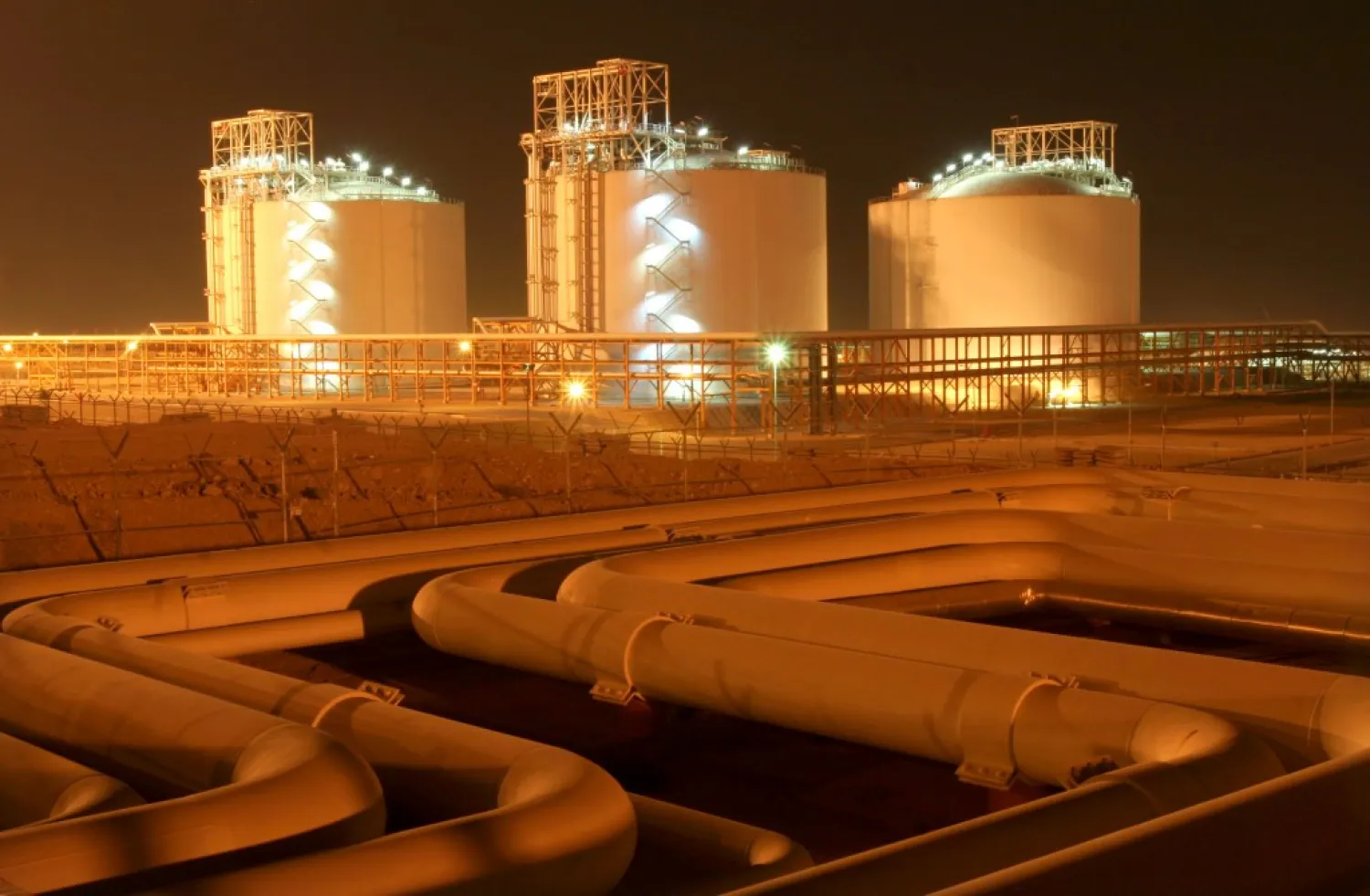The National Iranian Oil Company (NIOC) will open an office in Iraq, the semi-official Fars News Agency said on Saturday.
The new office “will facilitate cooperation in the oil industry and the transfer of engineering and technical services” to Iraq, it said.
The announcement comes as Iran faces US sanctions on its oil exports.
Earlier, President Hassan Rouhani said Iran must counter the sanctions by continuing to export its oil as well as boosting non-oil exports.
His comments, carried live on Iranian TV, came a day after Washington acted to force Iran to stop producing low-enriched uranium and expanding its only nuclear power plant, intensifying a campaign aimed at halting its ballistic missile program and curbing its regional power.
“America is trying to decrease our foreign reserves ... So we have to increase our hard currency income and cut our currency expenditures,” Rouhani said.
“Last year, we had we non-oil exports of $43 billion. We should increase production and raise our (non-oil) exports and resist America’s plots against the sale of our oil.”
Friday’s move, which Rouhani made no direct reference to, was the third punitive US action taken against Iran in as many weeks.
Last week, it said it would stop waivers for countries buying Iranian oil, in an attempt to push Iran’s oil exports to zero. The United States also blacklisted Iran’s Revolutionary Guard Corps.
Efforts by the Trump administration to impose political and economic isolation on Tehran began with last year’s US withdrawal from the nuclear deal it and other world powers negotiated with Iran in 2015.









